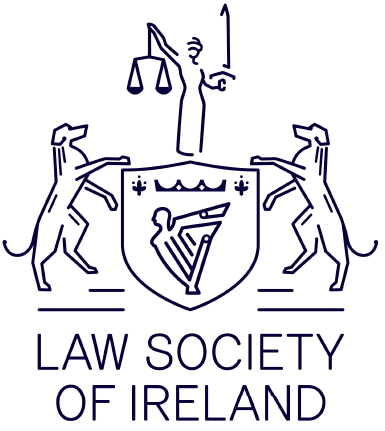In times when businesses have had to shut their doors due to this global pandemic, many have sought to rely on their business interruption insurance policies in the hope that these losses can be recovered.
BUSINESS INTERRUPTION CLAIMS
However, as recent news reports suggest, insurance companies appear to have adopted a blanket rejection of all business interruption claims. It has been rumoured that brokers are accepting this position without question and are advising their clients that they are not covered.
While this position will apply to many organisations, there is little doubt that there will be many companies and sole traders around the country who are either expressly or implicitly covered by their business interruption insurance. In such a scenario, the refusal by an insurance company to acknowledge a legitimate claim may give rise to a prima facie breach of contract claim. What is absolutely certain in times of such uncertainty, is the fact that the general principles of contract law, and not the decision of an insurance company, will decide if a business is covered under a business interruption insurance policy.
THE CONTRA PROFERENTEM RULE
The contra proferentem rule is a legal doctrine in contract law which broadly states that if there is any ambiguity or doubt as to the meaning of a particular clause in a contract, the words will be construed against the person who drafted the contract or insisted on its inclusion. Since insurance companies generally draft the contract in question, any ambiguous terms or phrases or clauses will be generally read against them and in favour of the insured.
As Contract & Employment Law solicitors, we at O’Brien & Company have already come across a number of policy wordings that we believe quite clearly provide cover in the current circumstances – despite the fact that the relevant insurance companies indicated that this was not the case.
These have included quite explicit clauses consisting of words such as ‘restrictions or closures imposed’ by a ‘public’, ‘local’ or ‘government authority’, due to ‘an occurrence of a notifiable human disease’. We have also come across more implicit clauses that, due to the contra proferentem rule, might be read as providing cover during this period – an example of this might be in the form of a ‘prevention of access’ clause.
NEXT STEPS – DO I NEED TO MAKE AN INSURANCE CLAIM?
Due to the scale of the current health crisis we at O’Brien & Company Solicitors expect to see many insurance cover disputes over the coming months and years. However, in many cases, litigation is not the most efficient way to recover under an insurance policy. To minimise exposure to expensive litigation and maximise the prospect of recovery, there are a number of simple steps that businesses can take.
The first step is to engage a competent solicitor who will review the relevant business interruption policy document and provide their expert legal advice and opinion as to whether or not it explicitly or implicitly covers the effects of COVID-19.
If there is a potential insurance claim, the insurance company will need to be notified of such a claim. Other provisions within the policy document will also need to be examination so that any necessary action outlined within the policy can be complied with. For example, there will most likely be a requirement to mitigate the loss. Your solicitor should be in a position to advise you on how this might be achieved.
GET IN TOUCH
If your Irish business has been significantly impacted by COVID-19 and your insurance company is refusing to accept that you have a legitimate business interruption claim, seeking the advice of experienced solicitors in Dublin is in your best interests. With a huge amount of experience dealing with insurance companies and expert contract law solicitors on hand, O’Brien & Company Solicitors is that firm.
Despite the challenges posed by COVID-19, our offices remain open. Although we are unable to meet you in person to discuss how we can help you, we are available by phone on 01 8746959, email at info@obsolicitors.ie and by video call (by appointment).








